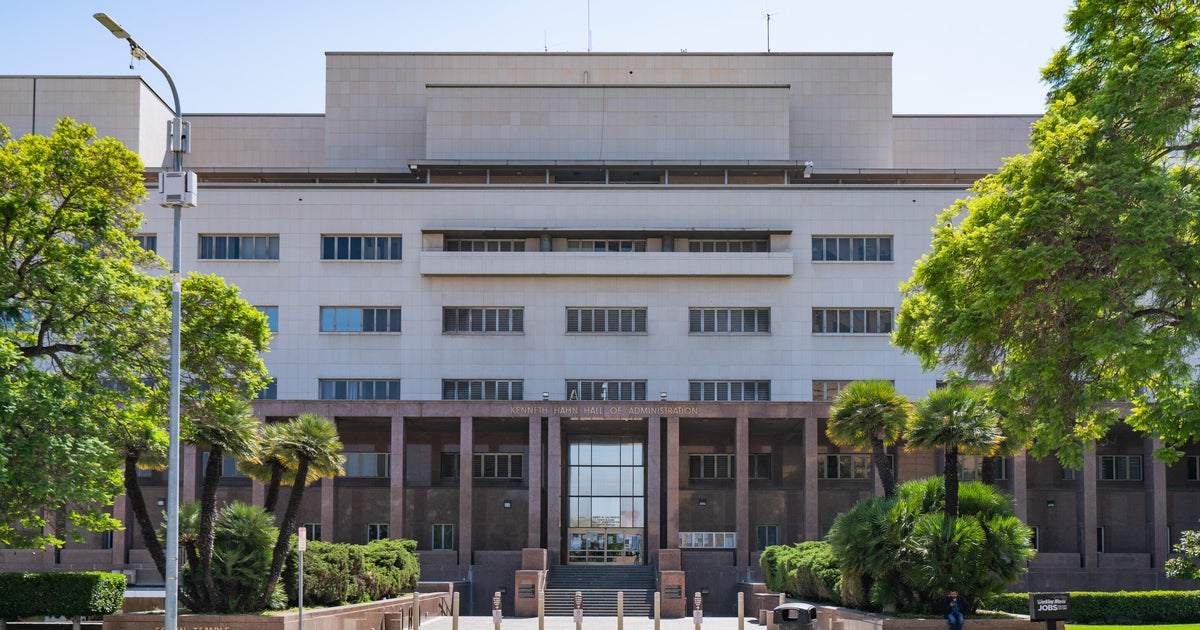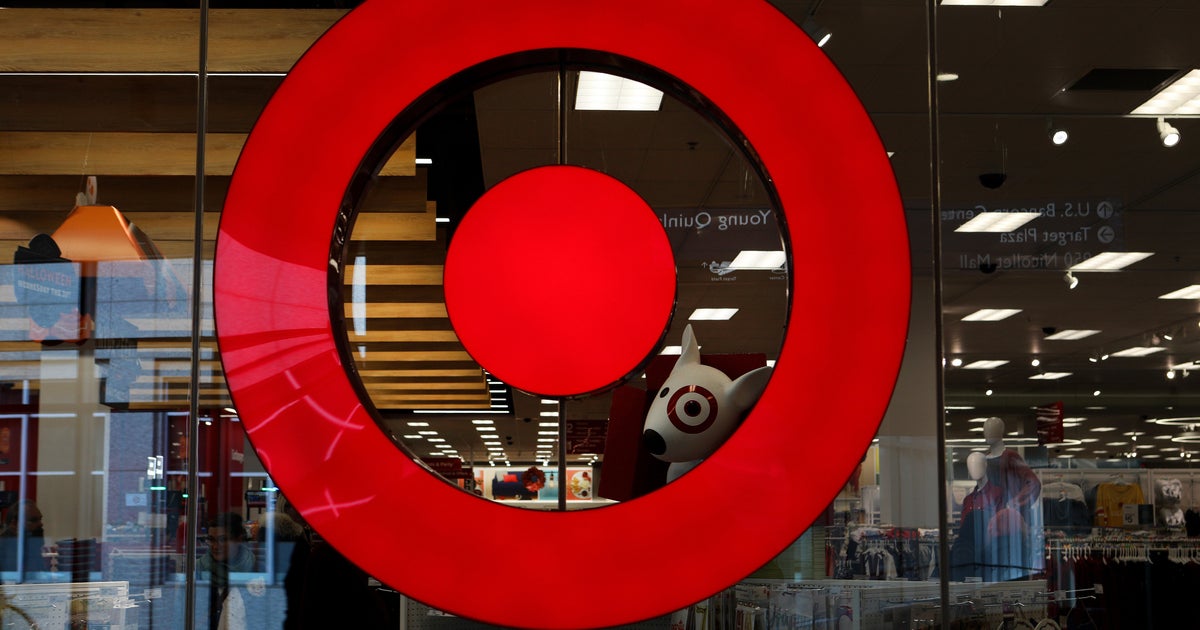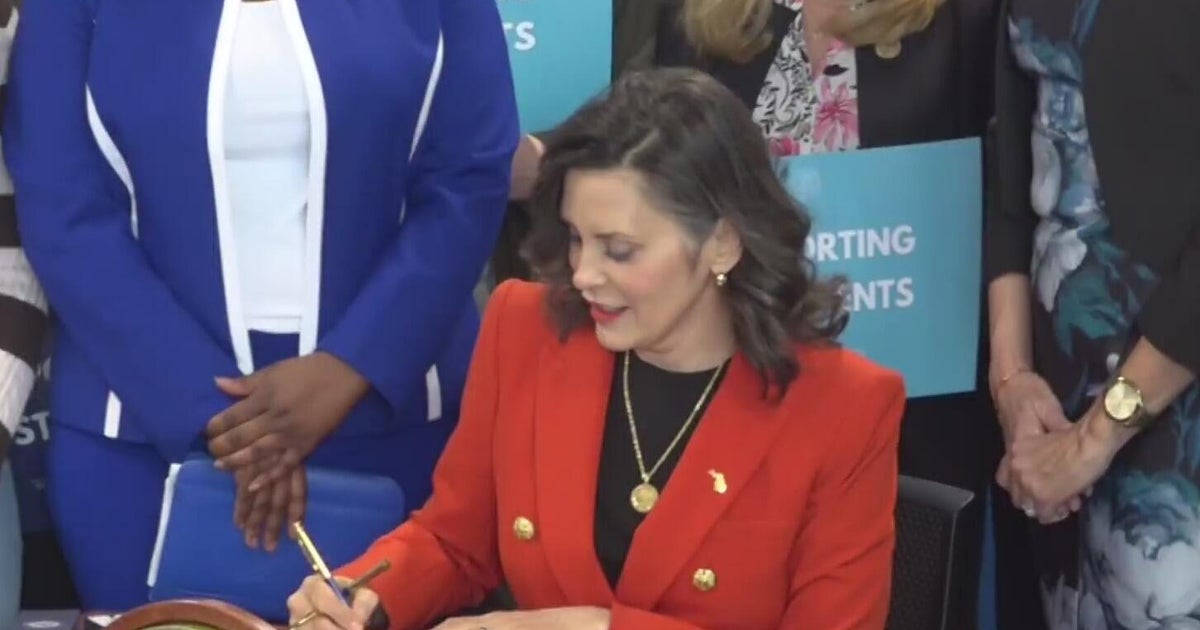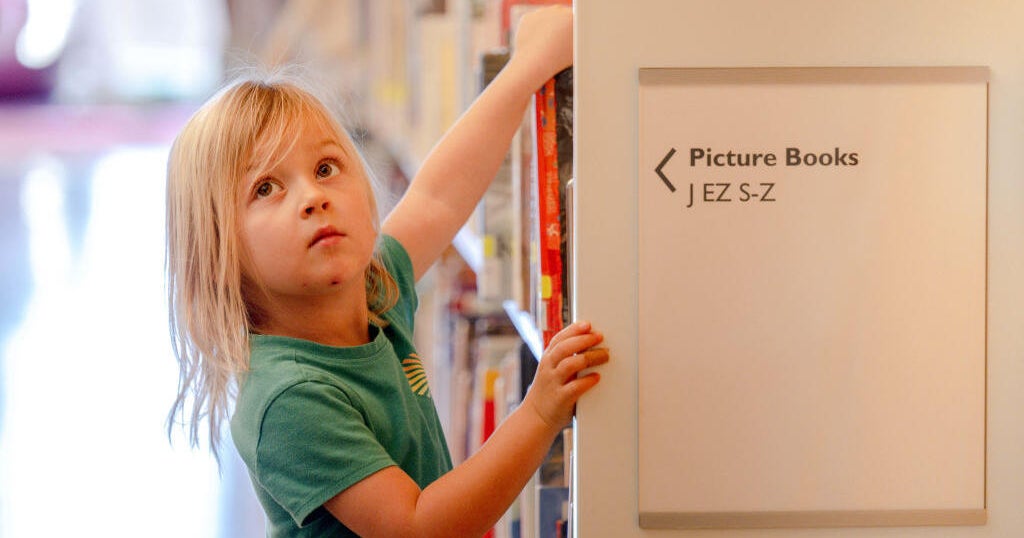Bill would increase Minnesota minimum wage to $15 this summer and $20 by 2028
ST. PAUL, Minn. — Minnesota's minimum wage statewide would bump to $15 an hour starting this summer and increase each year until it reaches $20 under a plan that advanced in the state Senate on Tuesday.
The Senate Labor Committee passed the proposal so it's eligible for possible inclusion in a broader jobs-related bill the legislature will consider towards the end of the session. Current law sets the minimum wage at $10.85 for large employers and $8.85 for smaller employers. Both Minneapolis and St. Paul have their own $15 an hour pay floors.
This bill would apply the new rates statewide to every business. Supporters of the effort say updating the minimum wage is long overdue, given the soaring inflation and the high cost of living that's been entrenched in our economy for the last few years.
"Our state laws have left the minimum wage stagnant, trapping workers in an outdated reality. My bill would bring our numbers back to reflect our present-day reality," said Sen. Zaynab Mohamed, DFL-Minneapolis.
The move would make Minnesota among just a handful of states that have boosted worker pay in this way, according to the National Conference of State Legislatures, which tracked seven states plus Washington, D.C., with at least a $15 minimum wage.
If the bill passes both chambers of the legislature, the $15 hourly would take effect Aug. 1 and increase by $1.25 each year until it gets to $20 in 2028.
John Reynolds, the state director for the National Federation of Independent Business, told the Senate panel that uptick could endanger the future of the 10,000 small businesses in the state his group represents. Labor costs are already a challenge for them, he said, and this would exacerbate that problem.
"NFIB opposes [the legislation] because it's an unaffordable and unfunded mandate on small business owners. It's important to remember that the picture on main street is very different from the picture on Wall Street," Reynolds said. "While many big businesses saw record years during and after the pandemic, small businesses struggled. Many are only now getting back to their pre-pandemic levels and some have still not recovered."
He pointed to an analysis by the Minneapolis Federal Reserve looking at the impact of increasing the minimum wage in Minneapolis and St. Paul. Researchers determined there was "no significant effect" on most sectors, but there was a "striking loss of jobs and hours worked in retail and restaurants."
The study found the number of full-service restaurant jobs in Minneapolis dropped by 40.5% from 2018 to 2021, for example. The city approved the pay increase in 2017, and the new rate phased in over the following few years.
Several workers on Tuesday testified before the committee that they struggle to make ends meet and urged lawmakers to approve the statewide pay increases. They said passing it would ensure a livable wage.
"In order to afford basic things like food and rent, I need to work a second job. I've worked hard to ensure I'm doing all the right things to just barely survive, let alone thrive," said Bree Richardson. "Living paycheck to paycheck is my very real experience."
Mohamed, the bill's author, left the door open to changes to the proposal, saying she wants to "find a balance" to address both small businesses' and workers' concerns.
"I'm in no place to think that this bill is perfect. But I think if we're going to have a conversation around minimum wage, we've got to talk about what it means to question if $10.85 is enough to live in Minnesota, to have a roof over your head, to provide for your family or not," she told the committee. "And the answer is overwhelmingly not."








